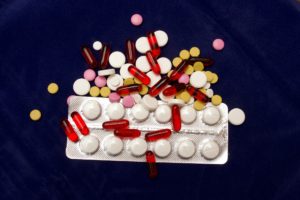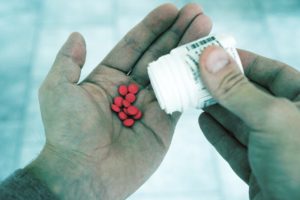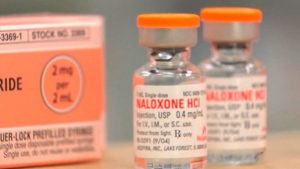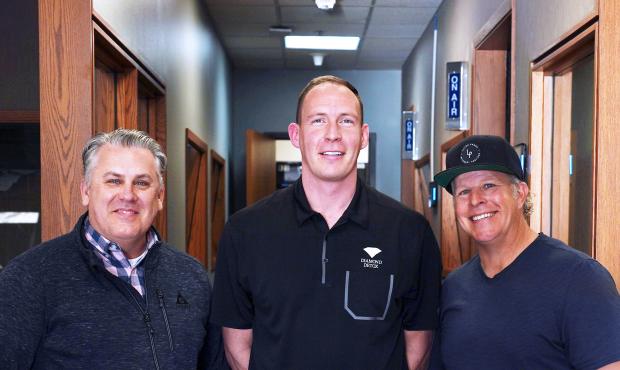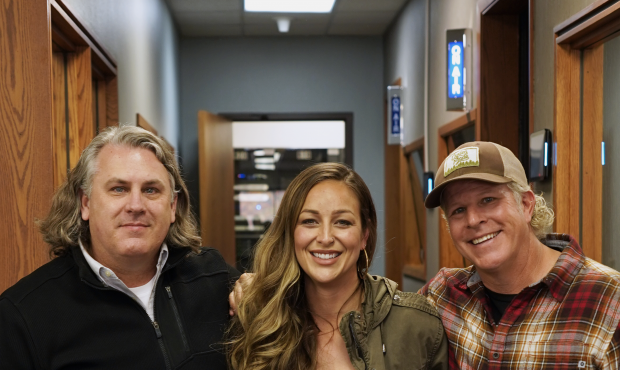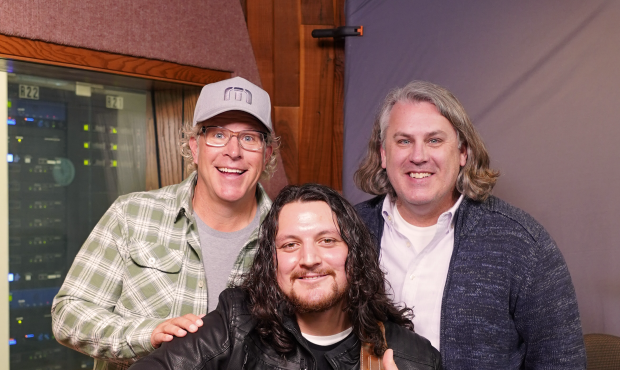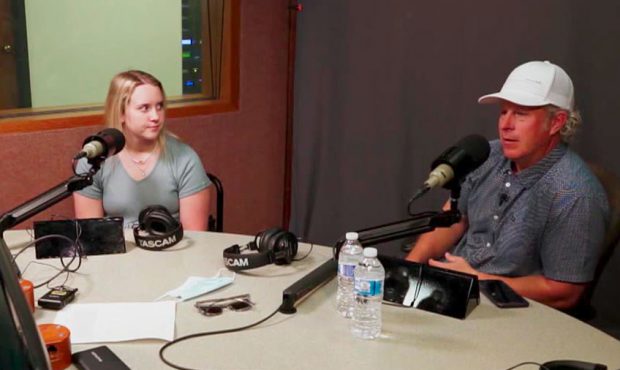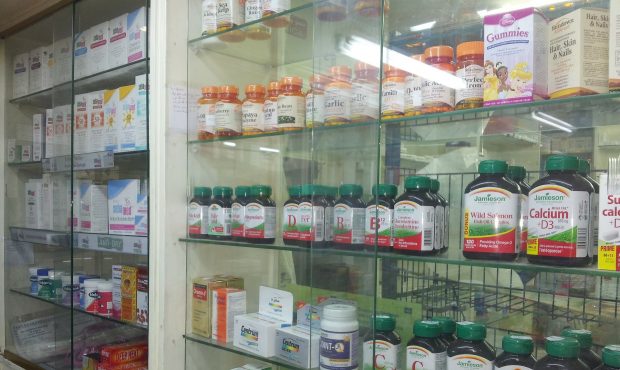Five incredibly useful tips to help prevent opioid misuse
Mar 12, 2020, 12:23 PM

Opioids, at their core, are meant to help relieve pain. With the help of a health care provider’s direction, they can be very effective and helpful at managing that pain. Unfortunately, opioid misuse has become very common over the past 15 years and has left the nation attempting to repair the damage done during the opioid epidemic.
And while there are multiple side effects that can be analyzed when consuming opioids, if taken in abundance, it may lead to brain alterations that can interfere with one’s ability to resist the urge to properly take the high-risk drugs. Which in turn, will further progress abuse and potentially turn into an addiction.
Using information provided by the U.S. Surgeon General and the Substance Abuse and Mental Health Services Administration, we have compiled five ways to help prevent opioid misuse.
Start a conversation about opioid misuse
One of the most effective ways to help combat opioid misuse is to raise awareness surrounding its risks and side effects. Creating a dialogue can be incredibly helpful to allow those around you to be more informed of the dangers surrounding opioids.
Furthermore, creating a dialogue with your health care provider is paramount when it comes to managing your opioid consumption. You can find more information regarding drug use and addiction from the National Institute on Drug Abuse here.
Be safe when you receive an opioid prescription
On top of understanding the risks of opioid prescriptions, managing your medication is essential. Only take the recommended amount of prescription drugs as prescribed by your provider. As well as, storing your medication in a safe place that others won’t be able to get into. It is also recommended to dispose of any unused medication properly. The U.S. Food & Drug Administration has compiled a list of drop off locations that you can find here.
Understand your pain-threshold
When discussing pain-relieving options with your health care provider, consider various alternative treatments aside from opioids such as physical therapy, surgery, injections, or nerve blocks if you are experiencing muscle spasms or any nerve pain. Finding relief from massages or relaxation techniques are possible options as alternatives.
However, you should always consult with your health care provider to provide the individualized plan that is right for your pain.
Educate yourself on addiction and opioid misuse
According to the American Society of Addiction Medicine, addiction is a chronic medical disease involving complex interactions among brain circuits, genetics, the environment, and an individual’s life experiences. Thankfully, with proper treatment and efforts in place, addiction can be prevented.
One of the easiest ways to prevent substance abuse to occur is to educate yourself. Understanding the signs of misuse can drastically prevent any substance abuse. Ask yourself these questions:
- In the past 30 days, how often have you had trouble with thinking clearly or had memory problems?
- In the past 30 days, how often do people complain that you are not completing the necessary tasks?
- In the past 30 days, how often have you had to go to someone other than your prescribing physician to get sufficient pain relief from medications?
- In the past 30 days, how much of your time have you thought about opioid medications?
If your answer to these questions is ‘very often,’ consider contacting your medical provider immediately.
In the worst-case scenario — be prepared
There are many signs that can point to a potentially fatal overdose and understanding those risks is essential in preventing an overdose. Taking high daily dosages of prescription opioids, taking illicit or illegal opioids, or combining opioids with alcohol can all have fatal effects and should be monitored extremely closely.
If you or someone you know is in fear of a potential opioid overdose, speak with your doctor or pharmacist about naloxone and if you think someone is overdosing, immediately call 911.
For more information surrounding opioid misuse visit the U.S. Department of Health and Human Services.
You can also listen to the ‘Project Recovery’ podcast with Casey Scott and Dr. Matt Woolley, to hear more ways to help prevent addiction and opioid misuse. You can subscribe to the ‘Project Recovery’ podcast on Apple Podcasts and be sure to check out the ‘Project Recovery‘ page on KSLTV.com.


